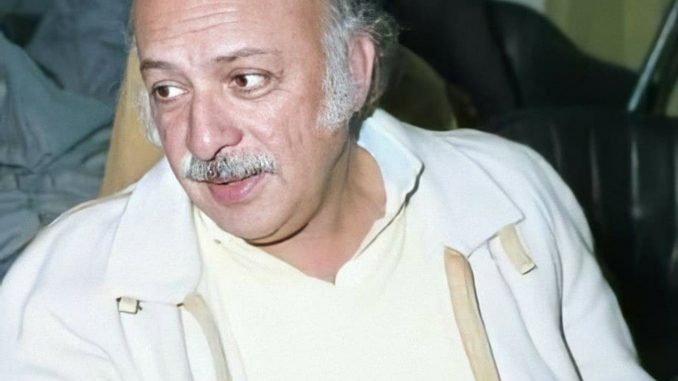
The great poet Muthaffar al-Nawab passed away in Sharjah, United Arab Emirates. He was born in Baghdad in 1934 and was buried there, especially since this city remained his favorite despite all the capitals he moved to, from Beirut to Damascus, London and Paris, after being imprisoned in his country, Iraq, and exiled outside its borders.
Muthaffar al-Nawab was known for his great talent in poetry, manifested from a young age, resembling his grandfather who was also a poet. Readers call him a “revolutionary poet, who joined the Iraqi Communist Party when he was a student and was expelled from his teaching position because of his political positions. He then emigrated to Iran to escape torture, and was arrested by the Iranian intelligence services who sent him back to the Iraqi government.
Al-Nawab came from a Shiite aristocratic family of Hashemite descent and immigrated to India during the Ottoman colonization of Iraq. It took power in one of the Indian states and then returned to Iraq under pressure from the British occupation authorities in India. It was in Al Karkh in Baghdad that Muthaffar received his education, and began his political activism. He was imprisoned and fled abroad, exiled between cities and capitals of the world, without identity or official documents.
His poems are about revolution and rebellion against the repressive Arab regimes and the corruption that prevailed in them. In his early days, he did not hesitate to use violent language to describe the injustice experienced by the people under these regimes, before later turning to a classical poetic language full of criticism.
Among his most famous poems are “Jerusalem, Arab Bride”, “Crying on the Chest of the Nation”, “Scream”, “Salt Islands”, “Death of Birds”, “Say: You are the Gun”, “A Poem of Beirut”, “Tal al-Zaatar” and “Reading Book in the Rain” .

Be the first to comment